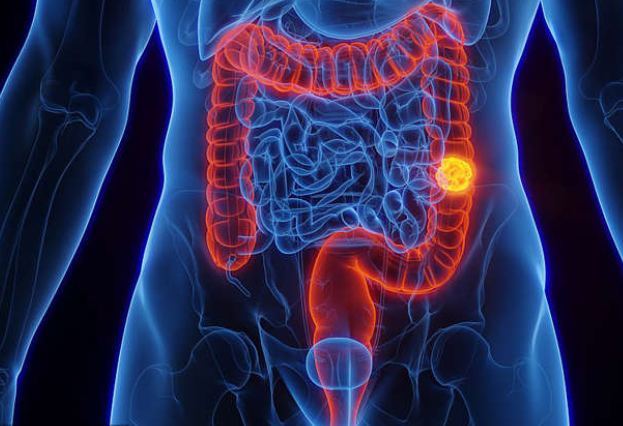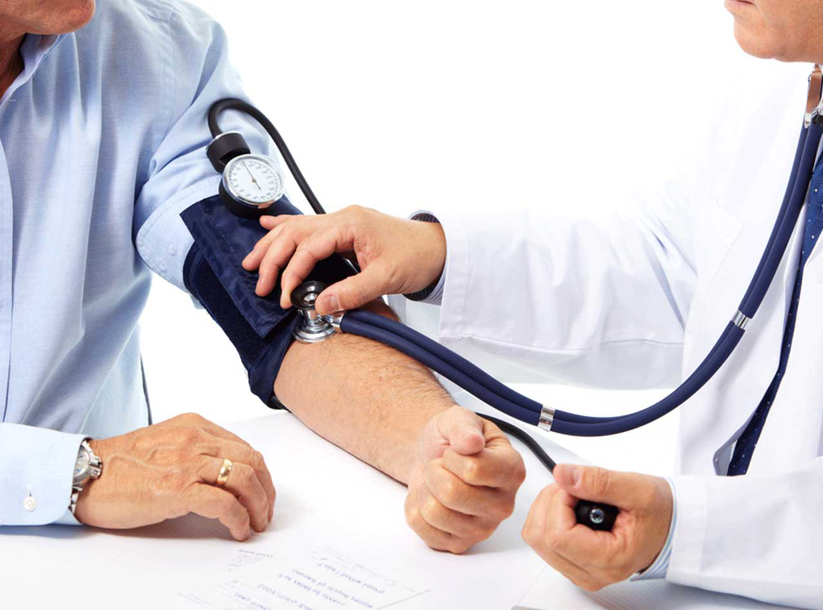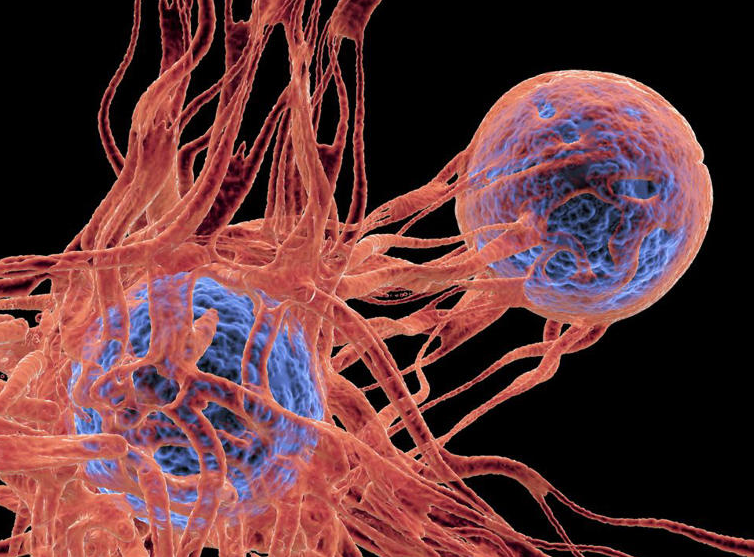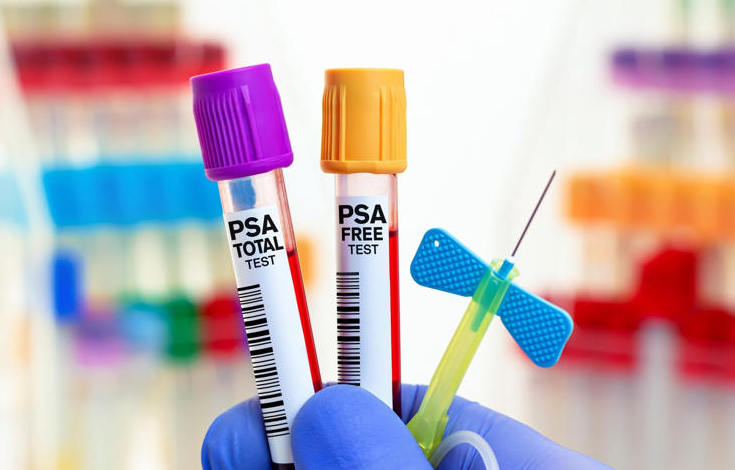Ever think about your kidneys? Unless there's something directly wrong with them, we don't usually give them much thought. However, kidneys are incredibly important – they filter our blood to make urine and remove waste from our bodies. But they don't always function correctly. Approximately 3 million people in the UK have kidney disease – that's a lot of people.
However, there are many misconceptions surrounding symptoms, treatments and who is at risk and general awareness of the disease is poor. As a result of this lack of understanding, many people with kidney disease are in the dark when it comes to what to expect, with up to a third (1 million) going completely undiagnosed.
Dr Charlie Tomson, consultant nephrologist at Newcastle Hospitals and Kidney Research UK Trustee, filters the facts from the fiction, so you can focus on getting the best from your kidney health:
Myth: you will know if you have kidney disease
Think you will know when something is amiss? Think again. 'Kidney disease, in some cases, is a silent killer,' explains Dr Tomson. 'This is because symptoms often don't materialise until the disease is in its more severe stages. The human body is usually able to cope with a significant reduction in kidney function, and therefore, problems aren't always spotted early on.'
Dr Tomson outlines the key warning signs to be aware of that can characterise kidney disease:
• Swollen ankles/ feet / hands
• Shortness of breath
• Blood in your urine
• Fatigue
• An increased need to go to the toilet
• Back pain in the renal area
⚠️ If you are concerned about any of these symptoms seek medical advice as soon as possible.
Fact: there are multiple causes of kidney disease
Kidney disease has multiple causes, and often a combination of factors can lead to an individual developing it. 'In some cases, long-term conditions which put a strain on the kidneys, such as poorly controlled blood pressure and diabetes, are the root cause,' says Dr Tomson.
'Other potential factors which can trigger kidney disease include large kidney stones, glomerulonephritis (kidney inflammation), and injury to the kidneys.'
Fact: kidney disease varies in severity
There are in fact five stages of kidney disease, which are determined by how quickly the kidneys clean the blood. 'In stages 1 and 2, when kidney disease is caught early patients can go into remission after taking medication and amending their lifestyle choices,' says Dr Tomson. 'However, if a patient reaches stage 5 kidney disease, it usually means that they will need a transplant.'
'Due to this, it's really important to screen 'at-risk' people because treatment can delay the progression of kidney disease and even, in some instances, reverse its onset,' he adds. 'Many people with kidney disease are able to live a normal life, and just need to ensure they are managing their condition through regular check-ups, prescribed medication, a healthy diet and exercise.'
Myth: If you have kidney disease, you will need dialysis
Kidney disease can vary greatly in levels of severity. 'Not everyone who is diagnosed will reach the stage in which they experience kidney failure and need dialysis,' explains Dr Tomson. 'Usually, our kidneys filter the blood, removing harmful waste products and excess fluid, and turning these into urine.'
'However, if you experience kidney failure, your kidneys might not be able to do this effectively, and therefore, dialysis can assist with this process,' he adds. 'Thankfully, only a small proportion of those with kidney disease will reach this stage.'
Fact: kidney disease can be linked to diet
What you eat plays a vital role in kidney health. 'Eating a healthy and balanced diet is important for all of us. However, when it comes to kidney disease, a good diet can have a huge impact on the disease and prevent complications,' explains Dr Tomson.
'Staying at a healthy weight and eating a diet low in salt and fat can help control your blood pressure, one of the main causes of kidney disease,' he adds. 'When kidney disease reaches its later stages, patients are likely to work closely with a dietitian to help manage their symptoms.'
Myth: only the elderly get kidney disease
You should take good care of your health at any age. 'Kidney disease is commonly associated with getting older, however, it's important to note that anyone at any age can get kidney disease,' says Dr Tomson. ; Therefore, everyone should be aware of the signs and symptoms, eat a healthy diet and exercise regularly.'
Myth: you can cure kidney disease
Once kidney disease has reached a chronic stage, unfortunately there is no cure. 'The aim of treatment is to help manage the disease by controlling symptoms, reducing complications and slowing progression,' explains Dr Tomson.
'Although most people who have kidney disease will need to take medicine to manage it, it's essential that these people also exercise regularly, eat a healthy diet, reduce their salt intake and keep their blood sugar low. When kidney disease becomes chronic, dialysis or a kidney transplant can be the only options.'
Myth: urine infections cause kidney damage
If you have a urinary tract infection (UTI) while you should get it treated immediately, it does not necessarily mean you have anything more serious.
'UTIs occur as the result of bacteria getting into the urinary system and multiplying,' explains Dr Tomson. 'This can lead to swelling, pain when passing urine, and urgency to go to the toilet. However, UTIs do not usually lead to lasting kidney damage if treated correctly.'
'It is important to note that sometimes a UTI can be a sign of something underlying that can cause kidney damage, such as kidney stones.' he adds.
Kidney Research UK is the leading UK charity committed to developing treatments, patient information and raising vital public awareness to help save lives.
Source: Net Doctor





